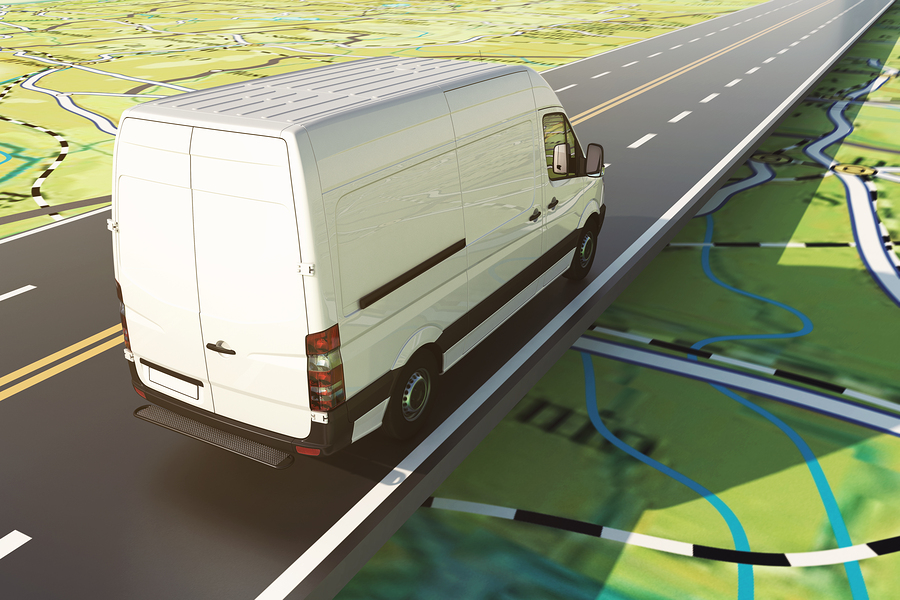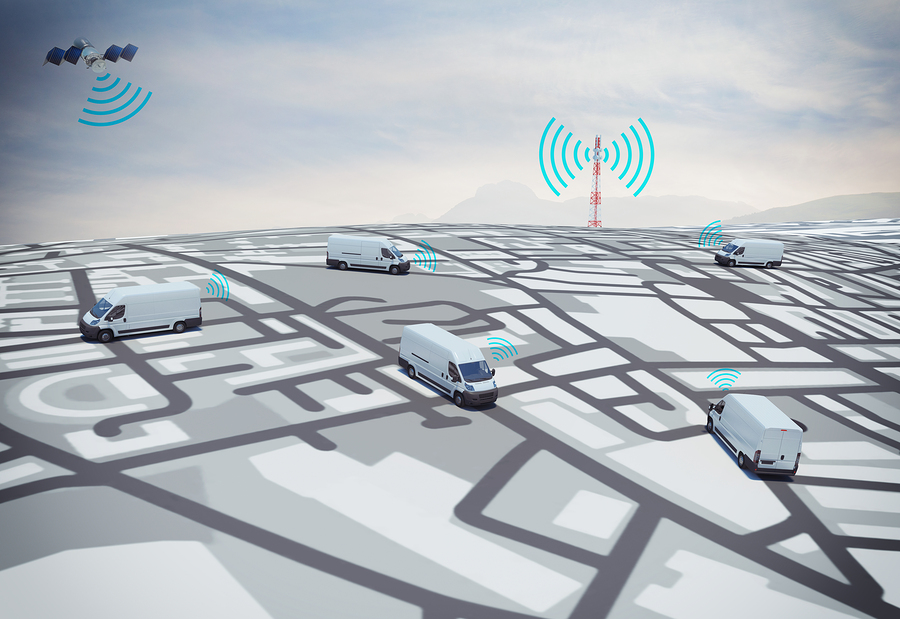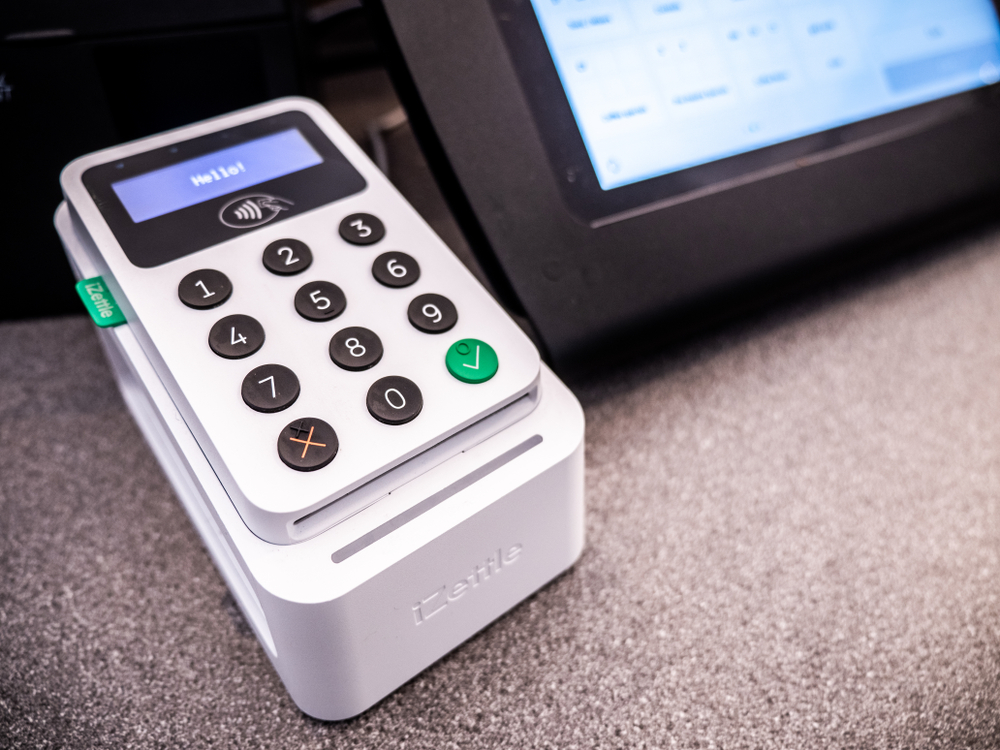How Do Vehicle Tracking Systems Work?
For many businesses, vehicle tracking systems play an important role. Whether you run a small taxi company with only four cars or manage a haulage network with hundreds of lorries, you’ll benefit from a GPS system. They help keep track of your vehicle, allowing you to streamline fleet management, give customers accurate and up-to-date information, and can even provide some legal protection. For example, if someone makes a false claim that one of your drivers collided with them, having a vehicle tracking device that proves they were miles away when it happened is a great way to protect your business.
But how exactly do vehicle tracking systems work? We’ve been asked that question many times here at Business Quotes and we’ve picked up a few things. Whether you’re worried about some facet of how the data is managed, or just inherently curious, here is all you need to know about how vehicle tracking works.

Tracking Vehicles Via Satellite
The majority of vehicle tracking systems nowadays operate via satellite navigation, although you may find some that use radio frequencies or cellular networks as back-ups if GPS coverage is poor. It works by fitting a transmitter to the vehicle which then beams data in real-time to an orbiting satellite. Depending on what type of system you’ve invested in, you’ll either be able to monitor this information in real-time (this is known as an ‘active system’) or have it stored and downloaded for analysis later on (a ‘passive system’).
Additionally, certain vehicle trackers can offer you a greater degree of information. For instance, they might be able to track driver behaviours such as excessive braking or harsh acceleration. This means you can identify behaviours that might be increasing your fuel consumption and take steps to amend them. Plus, some insurance providers offer reduced premiums if you can demonstrate consistently reliable behaviour. For example, if you provide data that proves your drivers regularly stick to speed limits and don’t oversteer, you may notice your insurance bills drop.
Keeping Data Secure
Of course, with all that data being beamed into space and back again, you may have some security concerns. Nobody wants an unscrupulous party hacking into their systems and stealing information, especially if it provides live data on your drivers’ location and behaviour.
Thankfully, modern vehicle tracking systems are incredibly safe and secure. Compared to other devices like desktop computers or tablets, they’re extremely difficult to hack. The servers that handle the data have up-to-date security systems and there’s little reason to be worried about your GPS. In fact, they’re one of the least appealing targets for hackers. GPS trackers rarely contain any personal data and there’s not much reason for criminals to target them. After all, there are no bank account passwords or confidential documents stored on vehicle trackers, so there’s little reason to go to the trouble of hacking them.

Here at Business Quotes, we provide up-to-date information on the best prices for all of your business services needs. Vehicle tracking might seem daunting, but it can provide multiple benefits. Want to improve your delivery routes, manage fuel consumption and improve the safety of your drivers? Start a quote for your fleet tracking system today.
Categories: Advice, General, Tracking, Vehicle Tracking
Tags: fleet management, GPS tracking, small businesses, vehicle tracking, vehicle tracking prices uk, vehicle tracking systems



